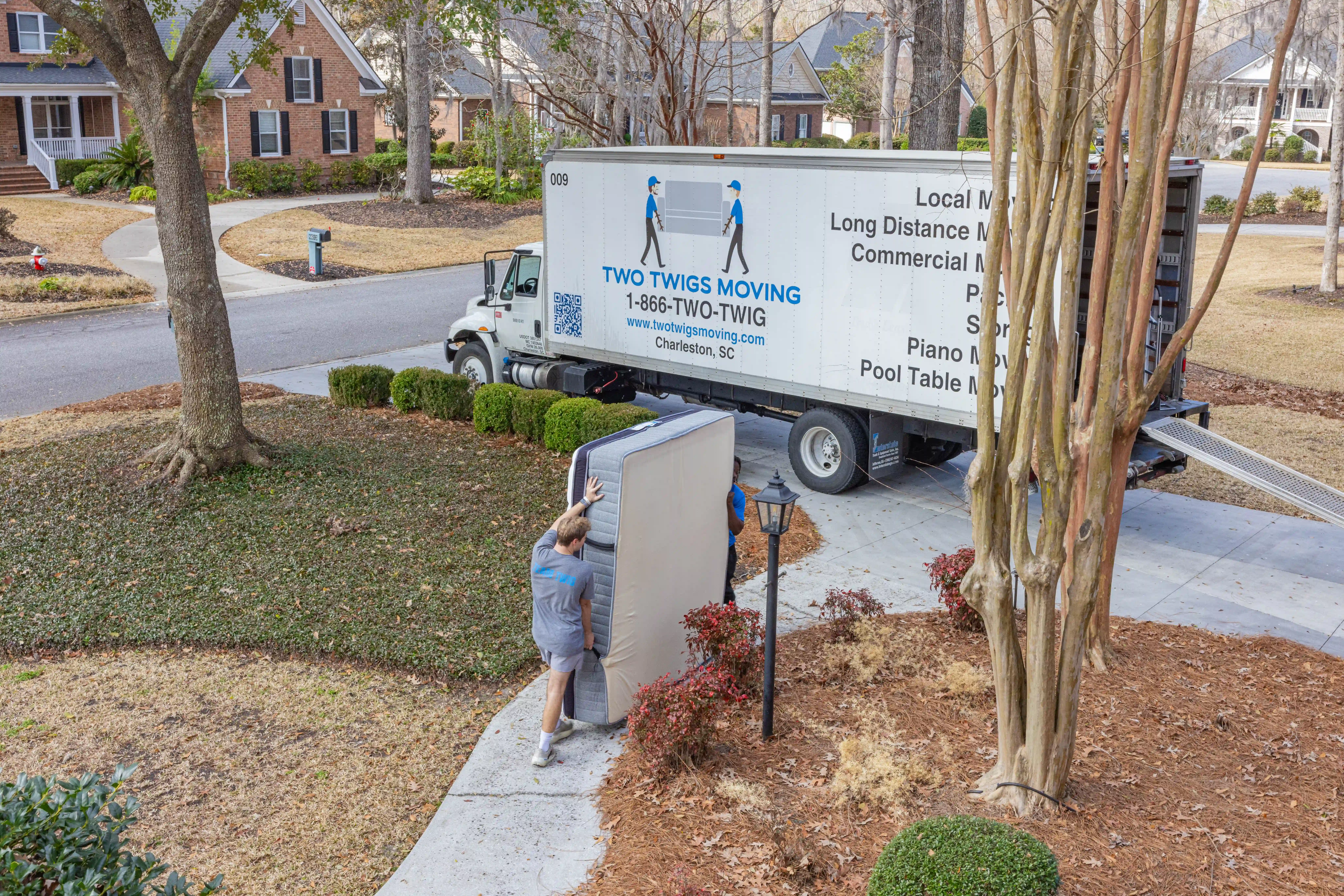When relocating to North Carolina, it’s essential to understand the local property taxes and associated fees that will impact your homeownership costs. This knowledge will help you budget more accurately and avoid unexpected expenses. Here’s a comprehensive guide to understanding property taxes and fees in North Carolina.
1. Property Taxes Overview
Property Tax Basics: In North Carolina, property taxes are levied by counties and municipalities, and the rates can vary depending on the location. These taxes are used to fund local services such as schools, roads, and emergency services.
Assessment Value: Property taxes are based on the assessed value of your home. The county assessor determines this value, which is typically updated periodically. The assessed value is not always the same as the market value but provides a basis for calculating your tax bill.
Tax Rate: Property tax rates are expressed as a percentage of the assessed value, known as the mill rate. In North Carolina, tax rates are usually expressed in cents per $100 of assessed value. For example, a rate of $0.50 per $100 means you would pay $500 in taxes for a $100,000 assessed value property.
2. Calculating Property Taxes
Determine Assessed Value: To estimate your property taxes, first, find the assessed value of your home. This information is typically available from the county tax office or the local property appraiser.
Apply the Tax Rate: Multiply the assessed value by the tax rate to calculate your annual property tax. For example, if your home’s assessed value is $300,000 and the tax rate is $0.75 per $100, your annual tax would be $2,250.
Additional Fees: Some areas may have additional taxes or fees, such as special assessments for local improvements or district taxes. Be sure to check with your local tax office for any additional charges that may apply.
3. Property Tax Exemptions and Credits
Homestead Exemption: North Carolina offers a homestead exemption for qualifying seniors, disabled veterans, and disabled persons. This exemption can reduce the taxable value of your property, potentially lowering your tax bill. Eligibility requirements and the amount of the exemption vary by county.
Disabled Veteran Exemption: Disabled veterans may be eligible for a property tax exemption on their primary residence. This exemption can vary based on the level of disability and local regulations.
Elderly Exemption: Seniors aged 65 and older with income below a certain threshold may qualify for a property tax reduction or exemption. Check with your county tax office for specific income limits and application procedures.
4. Property Transfer Taxes
Deed Stamp Tax: When purchasing property in North Carolina, you’ll need to pay a deed stamp tax, also known as the excise tax. This tax is calculated based on the purchase price of the property. The rate is typically $1 per $500 of the purchase price, with some counties adding additional local taxes.
Transfer Fees: In addition to the deed stamp tax, you may encounter other fees related to property transfer, such as recording fees for the new deed. These fees vary by county and are typically payable at the time of closing.
5. Property Tax Payment and Deadlines
Payment Schedule: Property taxes in North Carolina are typically due annually, with bills sent out by the county tax office. Most counties have a due date in late summer or early fall, with penalties for late payments. Check with your local tax office for specific due dates and payment options.
Payment Options: Many counties offer various payment methods, including online payments, mail-in payments, and in-person payments at the tax office. Ensure you understand the available options and deadlines to avoid late fees.
Appealing Your Assessment: If you disagree with the assessed value of your property, you have the right to appeal the assessment. The appeal process varies by county, but typically involves filing a formal request with the county tax office and providing evidence to support your claim.
6. Budgeting for Property Taxes and Fees
Plan Ahead: When moving to North Carolina, it’s crucial to budget for property taxes and associated fees as part of your overall homeownership costs. Consider setting aside funds for these expenses and review your budget regularly to account for any changes in tax rates or assessments.
Consult Professionals: If you have questions about property taxes or need assistance with understanding the tax implications of your move, consider consulting a local real estate agent or tax advisor. They can provide valuable insights and help you navigate the complexities of property taxation in North Carolina.
Conclusion
Understanding property taxes and fees is a crucial aspect of planning your move to North Carolina. By familiarizing yourself with the property tax system, exemptions, and associated costs, you can make informed decisions and budget effectively for your new home. Stay informed about local tax rates and fees, and consult with professionals as needed to ensure a smooth transition to homeownership in the Tar Heel State.


.svg)


